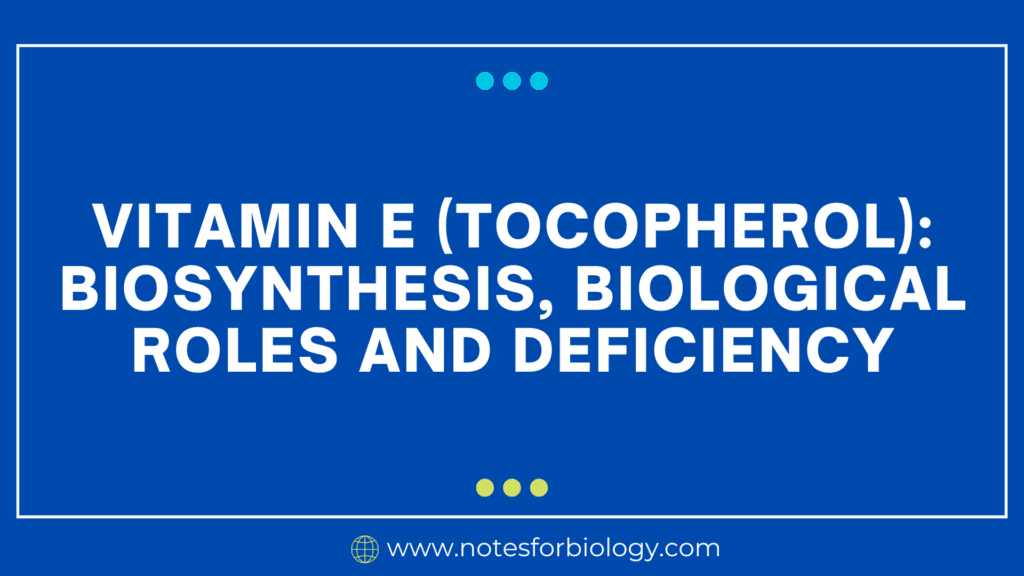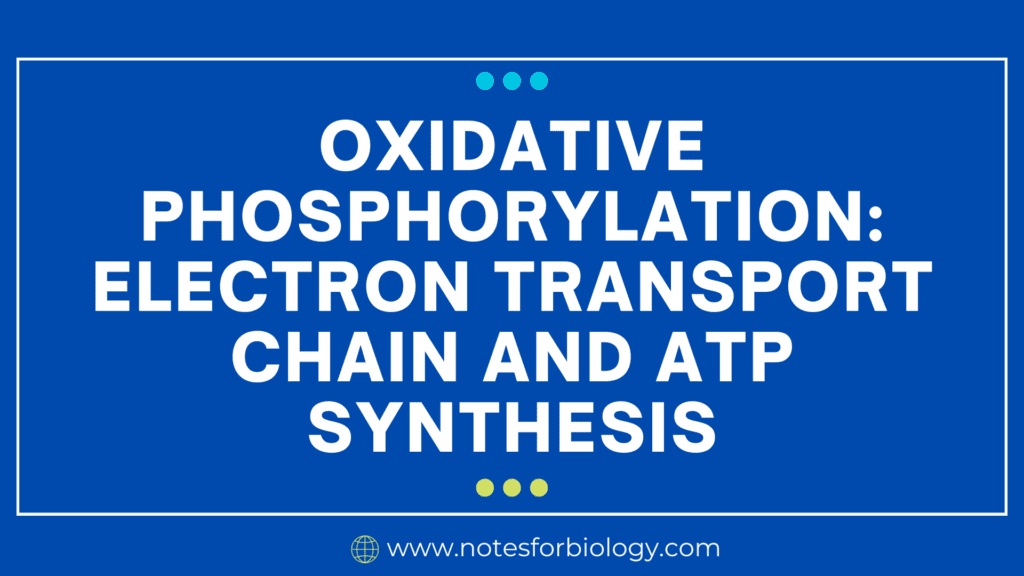Vitamin D: Synthesis, regulation, biological roles, sources and deficiency
Vitamin D, often called the sunshine vitamin, is essential for human health. Unlike most vitamins, our bodies can actually synthesize vitamin from sunlight exposure. It also comes from a few dietary sources. It plays a critical role in bone health, immune function, and cell growth Vitamin D Vitamin D is a unique nutrient as it […]
Vitamin D: Synthesis, regulation, biological roles, sources and deficiency Read More »










